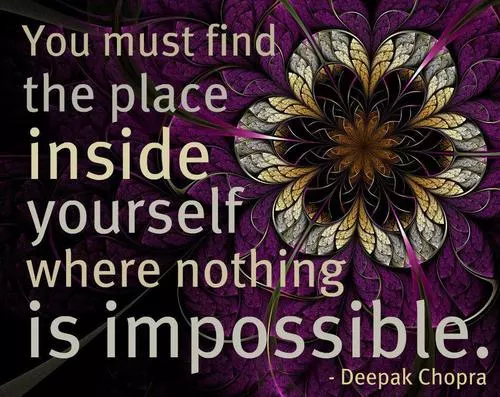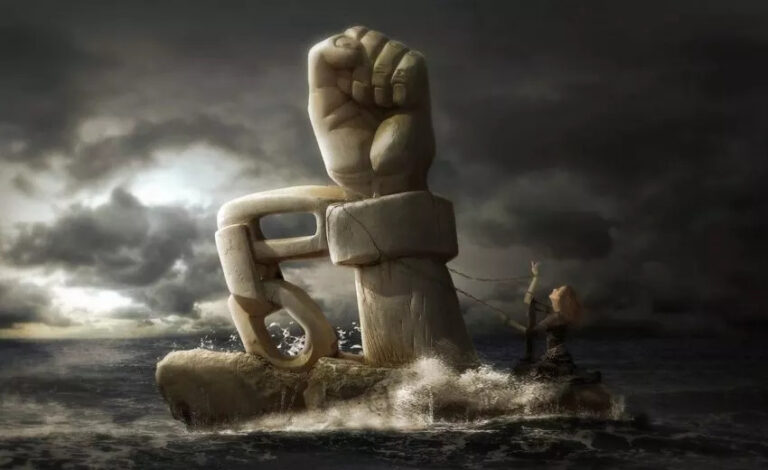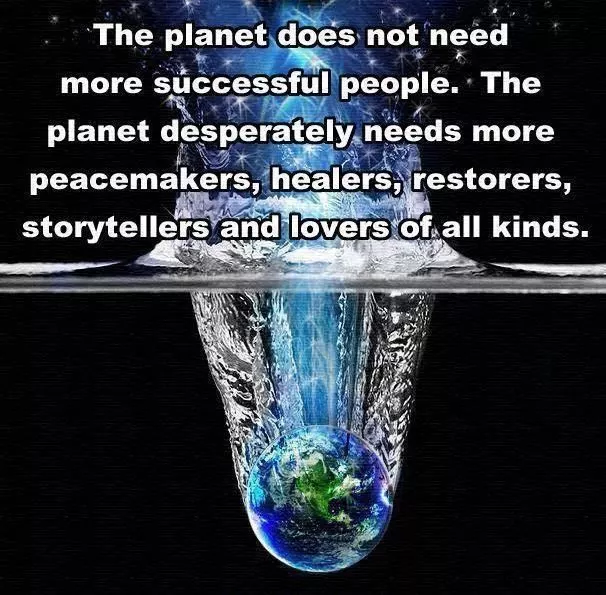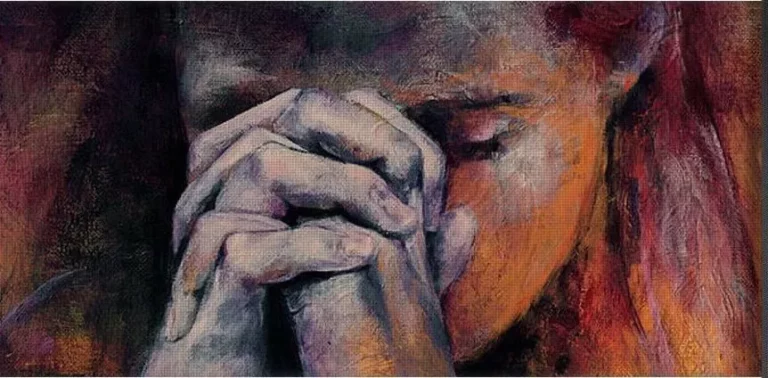“Words can inspire, and words can destroy. Choose yours well.” ~ Robin Sharma
We do not see the world as it is, but rather as we are. The thoughts, beliefs and expectations we hold about ourselves, others or life in general are what we spotlight and amplify in the physical world.
For example, if a person repeatedly thinks the thought, “No one ever helps me do anything, I always have to do everything myself,” it will eventually turn into a deep-rooted belief. Once the belief is strongly held, that person will start to recognize every situation that reinforces the belief.
Eventually, the power of belief and intention takes over and starts to draw situations to that person that reinforces the thought. They find themselves in circumstance after circumstance where no one is helping.
There are certain life lessons that we may have heard over the years that have gotten embedded in our subconscious. Often, a belief is so deep in our unconscious mind that we may not even know that we hold the belief, because we have never taken the time to confront it.
Because of this, we may be participating in a limited belief system that is having a negative effect on our life without our even realizing it.
Here are five “life lessons” that we may have heard that need to be confronted and unlearned in order to help us live a happier existence:
1. Money is the root of all evil
Has money motivated people to be greedy, power-hungry, or participate in any number of unspeakable acts? Yes, of course. But is this the money’s fault or the person’s? When we really think about it, money is just a piece of paper. It is the person holding the bill who decides whether to use it to make the world a better place or a worse one.
Since we live in a society that requires money to live, we must not look at money as the enemy. Greed, power, selfishness, etc…yes… but money… it’s just a piece of paper. When we see money as evil we limit our own ability to use money as a means to help others and live a fulfilling life ourselves.
2. Nothing in life comes easy
 Life is formed off of our expectations. If we are always expecting everything to be so difficult, we can’t complain when things actually are. Yes, there will be unplanned events, difficult days, and times when we will be forced to face our fears.
Life is formed off of our expectations. If we are always expecting everything to be so difficult, we can’t complain when things actually are. Yes, there will be unplanned events, difficult days, and times when we will be forced to face our fears.
But, if we remember that our success rate at getting through a bad day is 100% so far, and when we look back at something we were going through 5 years ago and realize how trivial it seems now, it puts things in a different perspective.
Life doesn’t always have to be hard. Think of failures and obstacles as opportunities for growth and redirection. If we expect the best case scenario in all situations, we may actually be surprised to find that most things aren’t as hard as we thought they would be.
3. A leopard never changes its spots
Life is about change. We aren’t the same person we were 10 years ago. We aren’t the same person we were yesterday, even. Everyone has the power to become a better person. If we wouldn’t want people to hold us to the same person we were in the past, we must give others the benefit of being able to evolve and mature as well. Expect the best from people.
Yes, there may be some times when we are disappointed with the actions of others, but there will also be those people who learned from their mistakes, and decide to turn their mistakes into their reason to change.
4. You can’t depend on anyone but yourself
 This one can be tricky, because essentially it is true. Really, the only person we have control over and therefore can depend on or expect anything from is ourselves.
This one can be tricky, because essentially it is true. Really, the only person we have control over and therefore can depend on or expect anything from is ourselves.
However, the problem comes in when we become so attached to this idea that we refuse to accept help from others, because of pride or some other ego-driven reason.
What most people don’t realize is the act of receiving is just as important as the act of giving. Both actions keep the flow of energy moving to and through us. So yes, depend on yourself, but when someone comes along that is happy to help us with something, let them.
Help in our lives can come from any number of ways, and we must be open to all of it in order to receive it. We must not only give joyfully, but receive joyfully as well.
5. Time is limited
All we really have is time. And by the time runs out, we won’t care about not having enough time because we will no longer be here. Anytime we tell ourselves that something is going to take too much time to accomplish something, we set ourselves up for failure because time is going to pass regardless.
Either we can spend it working towards something we really want, or we can spend it thinking about what we want, and then talking ourselves out of it because it’s going to take too much time. The present moment is all that truly exists, and we can either spend it taking action and doing something we love, or we can waste it talking ourselves out of following what we really truly want out of life.
Take the time to confront every belief that you are holding. Make sure you aren’t holding on to something that is actually making your life less fulfilling and harder. Just because we’ve heard a phrase a million times doesn’t mean it has to be true for us.
Make your own life lessons. Expect amazingness. Make the “impossible” possible.
Image Source






 Why is this? Because the universe is constantly changing and evolving. A philosophy or worldview that takes itself too seriously and becomes too certain of itself, kills itself simply because it is attempting to pigeonhole the universe into a static and fixed thing, which it can never be.
Why is this? Because the universe is constantly changing and evolving. A philosophy or worldview that takes itself too seriously and becomes too certain of itself, kills itself simply because it is attempting to pigeonhole the universe into a static and fixed thing, which it can never be. The secret to greatness is flexibility: in mind, body, and soul. The greatest thinkers are the most cognitively plastic. The greatest athletes are the most physically flexible. The greatest sages are the most spiritually elastic. Remaking ourselves is no easy task, but thinking of it as a game of flexibility can be a very effective strategy.
The secret to greatness is flexibility: in mind, body, and soul. The greatest thinkers are the most cognitively plastic. The greatest athletes are the most physically flexible. The greatest sages are the most spiritually elastic. Remaking ourselves is no easy task, but thinking of it as a game of flexibility can be a very effective strategy.





 light.
light. Or perhaps that shiver might’ve been induced when we have found no distinction between the two planes; instead seeing them mold into one in an eternal romance, or mirrored to perfection as a bridge over a river, or on a glass-like lake?
Or perhaps that shiver might’ve been induced when we have found no distinction between the two planes; instead seeing them mold into one in an eternal romance, or mirrored to perfection as a bridge over a river, or on a glass-like lake?
 The term ‘orphan’ is loosely used by Jung as one who has experienced the act of abandonment by a parent at some point in their childhood, (whether the physical death of one or both parents has actually occurred), and it is for this reason that EACH AND EVERY ONE OF US have the opportunity to use this to further our spiritual paths.
The term ‘orphan’ is loosely used by Jung as one who has experienced the act of abandonment by a parent at some point in their childhood, (whether the physical death of one or both parents has actually occurred), and it is for this reason that EACH AND EVERY ONE OF US have the opportunity to use this to further our spiritual paths.




